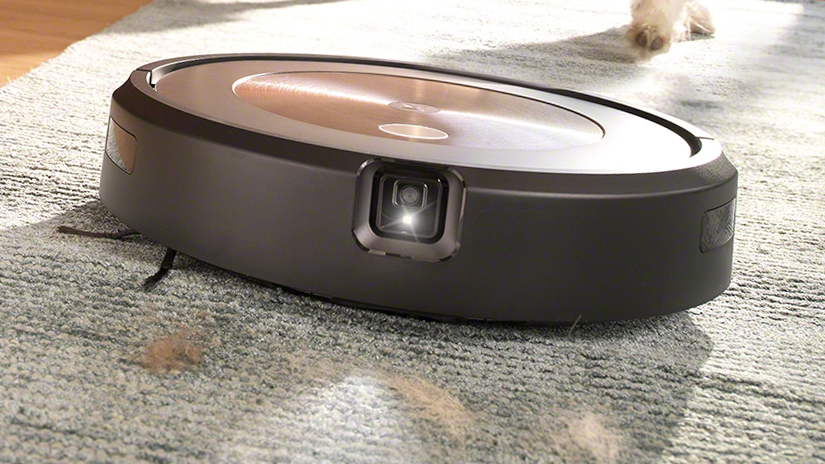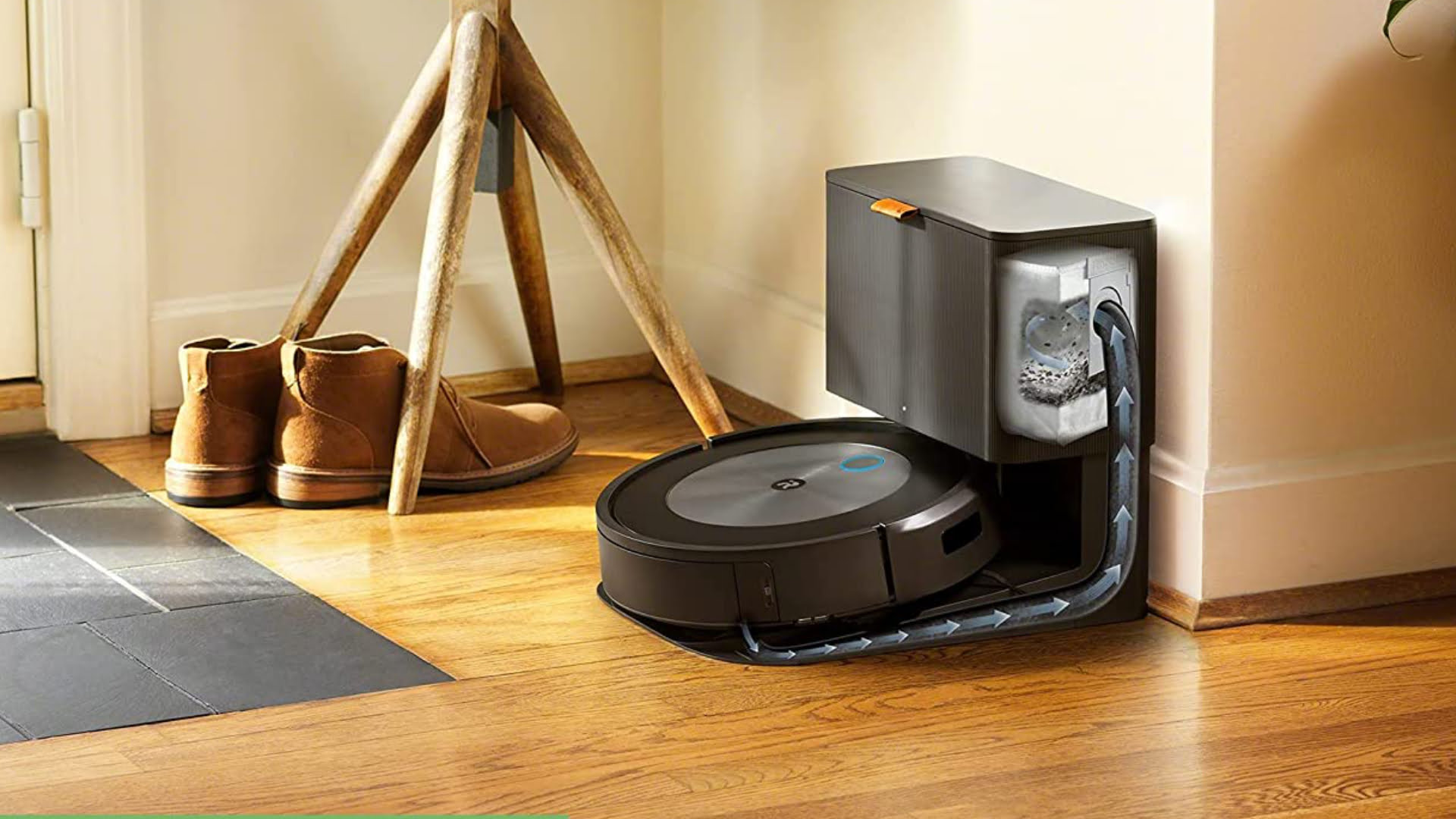
Amazon's bid to buy leading robot vacuum maker iRobot has collapsed from EU regulatory pressure, forcing the Roomba maker to make major cuts to its R&D spend and workforce. And that could have big repercussions for home robotics in the future.
The proposed $1.7 billion acquisition was first announced back in August 2022, but in November 2023 the European Commission revealed its objections to the deal in a press release that warned the move "may restrict competition in the market for robot vacuum cleaners".
Well, those objections have now toppled the takeover, with Amazon and iRobot releasing a joint statement that expresses their disappointment in no uncertain terms. Amazon, in particular, is furious with the EU regulators, stating that "undue and disproportionate regulatory hurdles discourage entrepreneurs" and "hurts both consumers and competition".
While iRobot's rivals in the race to build the best robot vacuum might disagree with that, the knock-on effects for the Roomba maker appear to be significant. In a separate release, iRobot laid out how it plans to survive as a standalone company, including cutting R&D spending by $20m per year and cutting over 30% of its workforce.
The company is also planning to pause "all work related to non-floorcare innovations, including air purification, robotic lawn mowing, and education". Naturally, Amazon says that "this outcome will deny consumers faster innovation and more competitive prices, which we’re confident would have made their lives easier and more enjoyable".
While it's too early to be definitive about exactly how this takeover collapse will impact iRobot and Amazon's smart home plans, the early signs are that it could certainly curtail iRobot's ambitions in the short-term – particularly outside its core robot vacuum army.
Analysis: Where does iRobot trundle next?

If you own a robot vacuum like the iRobot Roomba Combo J7 Plus – the current top overall pick in our best robot vacuums guide – this takeover collapse has no real short-term impact. A fairly major restructure aside, iRobot will carry on without Amazon and says it will "continue building thoughtful robots and intelligent home innovations".
But the bigger question, and larger unknown, is how this might impact robot vacuums and home robotics in the future. iRobot has been making robo-vacs like the Roomba series for over 20 years, starting back in 2002. Since then, its range has grown significantly and branched out into gutter cleaners and robo-mops.
This takeover may have seen Roombas further integrated with Alexa AI and become part of a broader range of home robotic devices, something that Amazon's dabbled in with the likes of Amazon Astro. We'll now never know, but reaction to the news among tech fans is likely to be mixed.
While some may have been looking forward to the robotic fruits an Amazon-iRobot partnership may have produced, others may be relieved that the Roomba maker won't be giving up its considerable home mapping data to the tech giant.
For now, it looks like iRobot will be scaling back its ambitions outside of the robot vacuum sector that made it such a tech star, but iRobot's former CEO Colin Angle – who has stepped down following the collapse of the deal after 33 years – is bullish about its future.
In a LinkedIn post revealing that he'll remain a "senior advisor" to iRobot, Angle said that "the consumer robot industry is on the cusp of innovation and growth" and that "iRobot has an exciting future ahead of it". We'll have to wait to see if the latter turns out to be the case, but the robo-vacuum world, in general, has certainly changed today.







